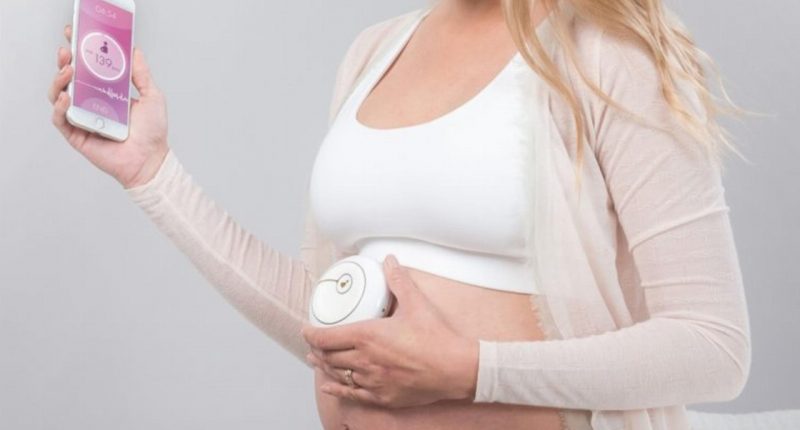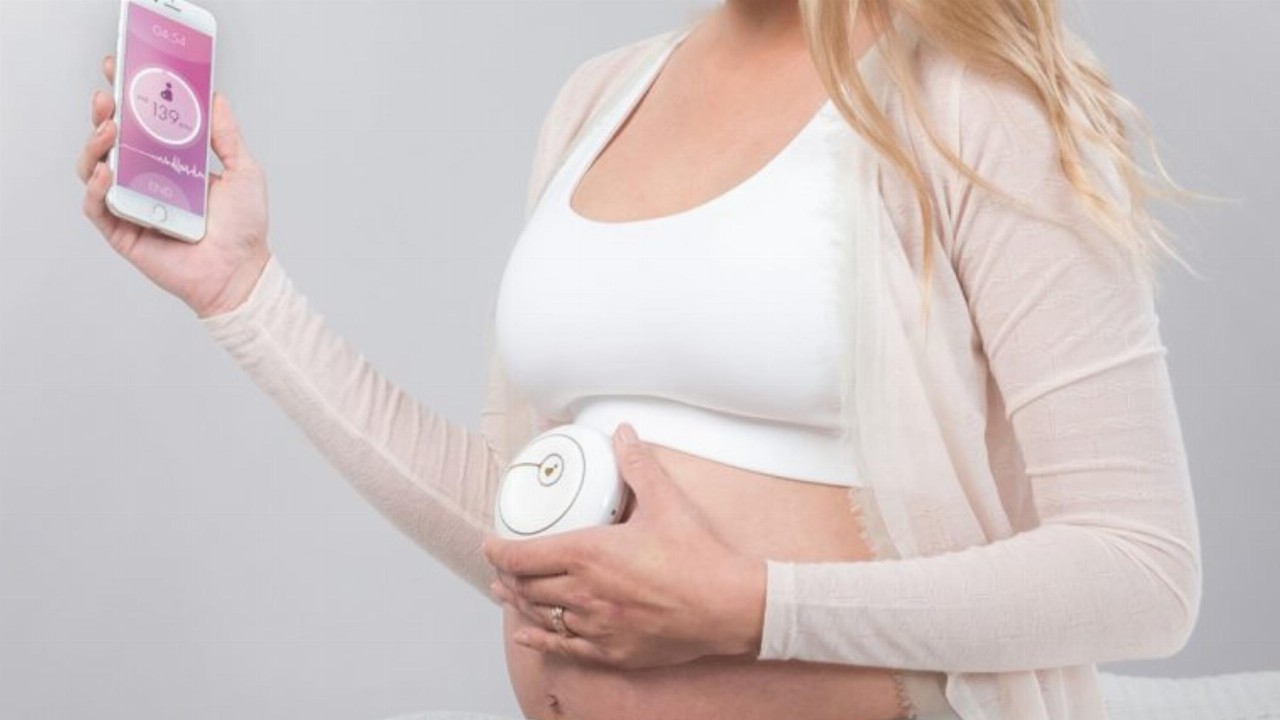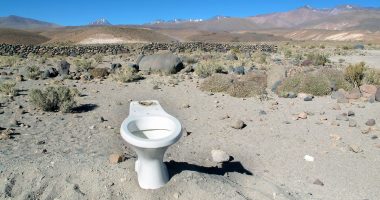- Meditech company HeraMED (HMD) has had its in-home maternity care tech return “outstanding” results from a clinical study at a WA health campus
- The HeraBEAT device, which is designed to monitor a foetus’ heart rate, was tested by 81 expectant mothers at the Joondalup Health Campus (JHC) in Perth
- The device had a 100 per cent success rate in detecting a foetus’ heart rate — even when expectant mothers used the device with no help from doctors
- Moreover, the tech maintained its success rate when used by expectant mothers at home
- The results make the device comparable to professional hospital-grade cardiotocography machines, according to HeraMED
- The company will use the results to help commercialise the technology
- Shares in HeraMED spiked in early action today until gradually retreating back to the grey line to close at a flat 14 cents each
Meditech company HeraMED (HMD) has had its in-home maternity care tech validated by a WA health campus.
The HeraBEAT device, which is designed to monitor a foetus’ heart rate, returned “outstanding” results from a clinical study at the Joondalup Health Campus (JHC) in Perth.
Essentially, the study was designed to evaluate the useability, accuracy, and reliability of HeraBEAT by expectant mothers. The device was first tested at the JHC antenatal clinic and then at home.
According to HeraMED, the study found the HeraBEAT device to be comparable to professional hospital-grade cardiotocography (CTG) machines, which are the typical devices used to monitor foetal heart rate.
In 81 women at different stages of pregnancy, HeraBEAT had a 100 per cent success rate in detecting a foetal heart rate. HereMED said the device had a very high level of accuracy and an exceptional international System Usability Score (SUS) ranking.
Importantly, HeraMED said the device maintained its 100 per cent detection rate when used by mothers without assistance — both in the clinic and at home. The average time it took for a mother to locate their coming child’s heartbeat by themself was just over one minute.
HeraMED CEO and Co-Founder David Groberman said today’s test results mark the culmination of many years of hard work by the HeraMED team.
“I believe these results represent an important milestone in HeraMED’s history as they represent the first comprehensive, independent clinical validation of the accuracy and usability of our technology which can now be leveraged into all existing and future commercialisation opportunities,” David said.
Associate Professor Paul Porter, who led the JHC study, spoke highly of HeraMED’s tech.
“The foetal heart rate data obtained with the HeraBEAT device, both at home is equivalent to that obtained in the antenatal clinic using current assessment protocols for low-risk pregnancies and allows for the device to be used in telehealth consultations,” Paul said.
HeraMED said the HeraBEAT device forms the backbone of the company’s HeraCARE software as a service (SaaS) and internet-of-things (IoT) digital maternity platform.
The company said it can use today’s test results for all future commercial opportunities.
Shares in HeraMED spiked in early action today until gradually retreating back to the grey line. The company’s shares closed flat at 14 cents each.







